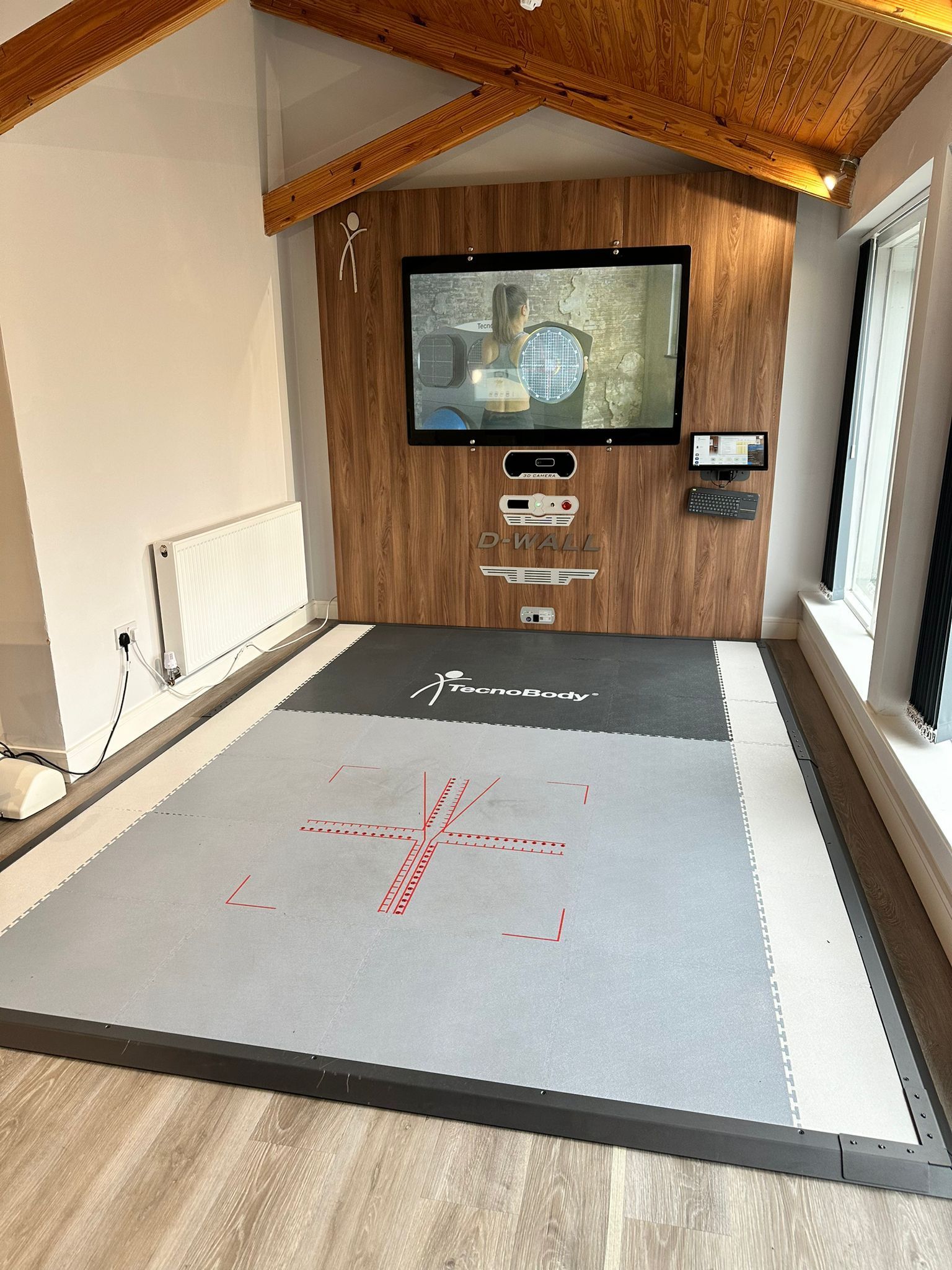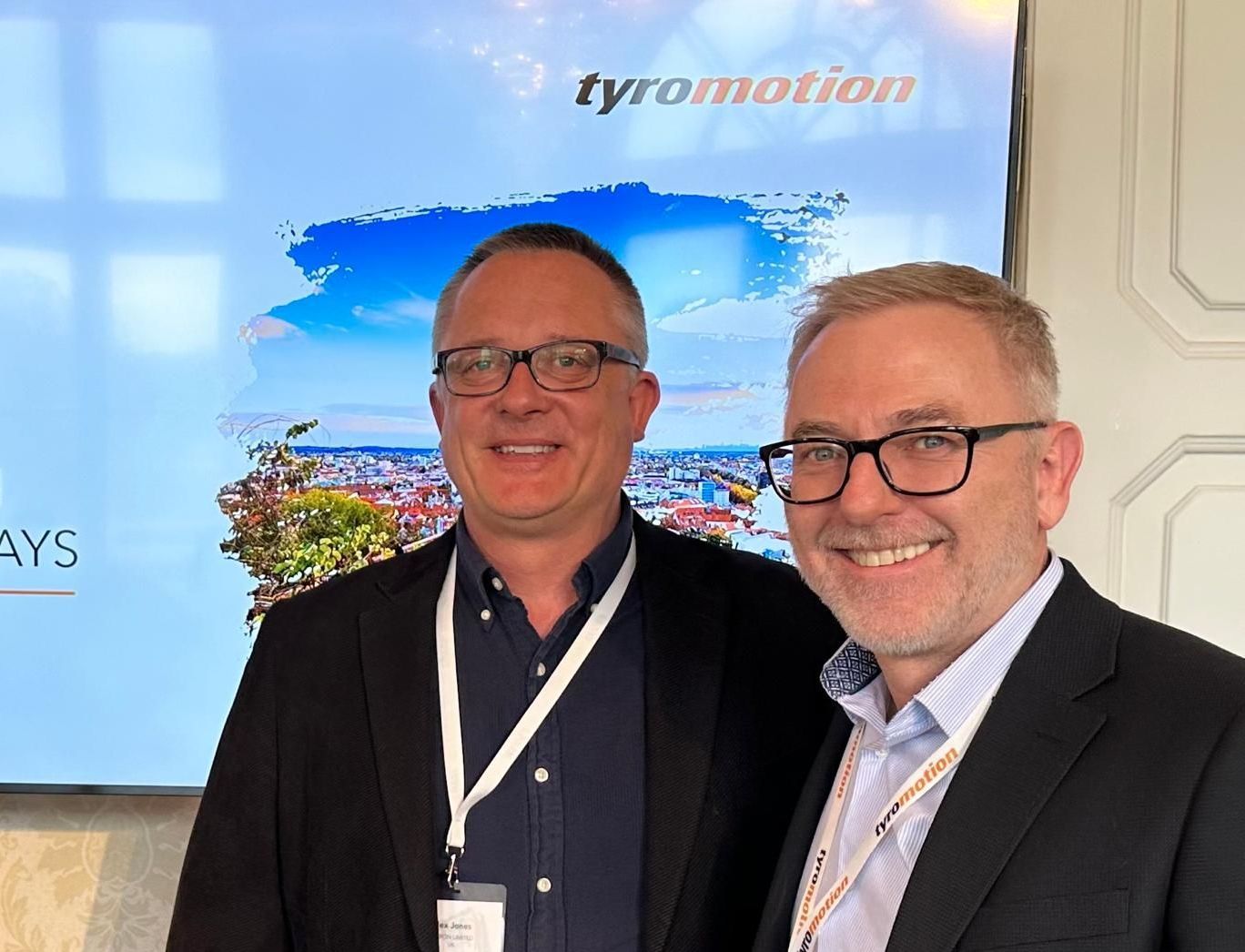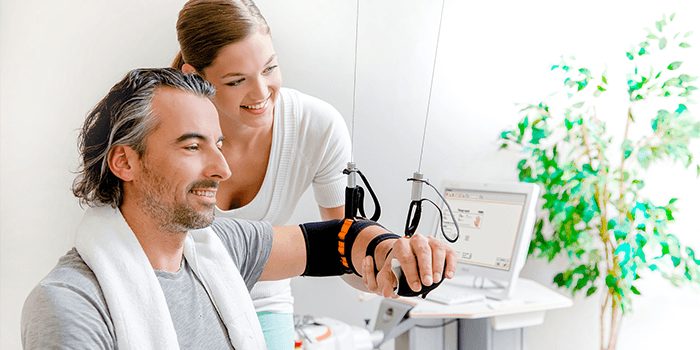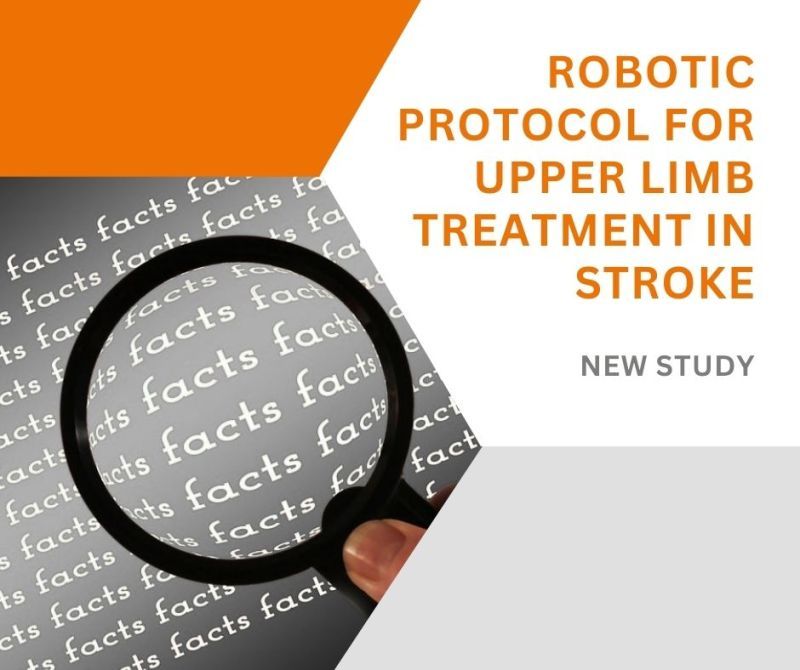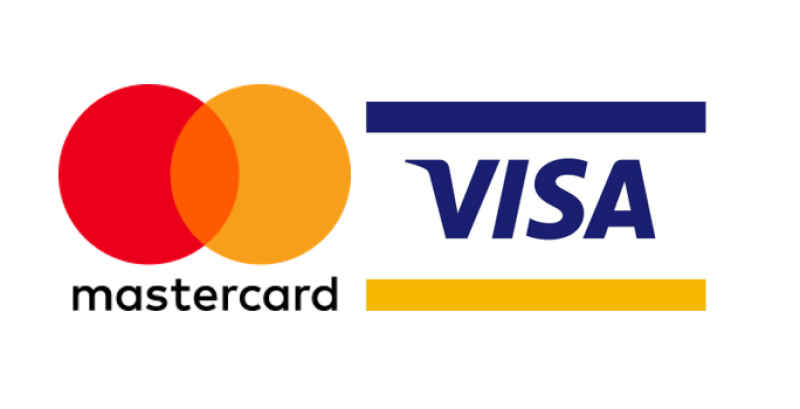Repetitive task training can help recovery after stroke - National Institute for Health Research.
On the 25th April 2017 the National Institute for Health Research published a report stating repetitive task training can help recovery after stroke.
Following a stroke, people who received repetitive task training showed greater improvements in performing functional tasks, such as picking up a cup, standing up and walking. These improvements were sustained for up to six months.
Disability following stroke is common, affecting around half of all stroke survivors. This NIHR-funded review of over thirty trials found that repetitive task training provided small gains in arm and leg function, balance and walking distance (about 35 metres).
We do not yet know the optimum number of sessions, or the ideal duration or intensity. However, it is a versatile and relatively easy intervention which can be delivered by physiotherapists/occupational therapists in groups, individually, in hospital, in the community or at home. Depending on the nature of the exercise, there is also potential for people to continue to practice on their own or with carer support.
This review shows that it can help people to improve functionality and mobility .
To read more please follow the link to the full article https://discover.dc.nihr.ac.uk/portal/article/4000640/repetitive-task-training-can-help-recovery-aft...
Share this post
More Recent News
